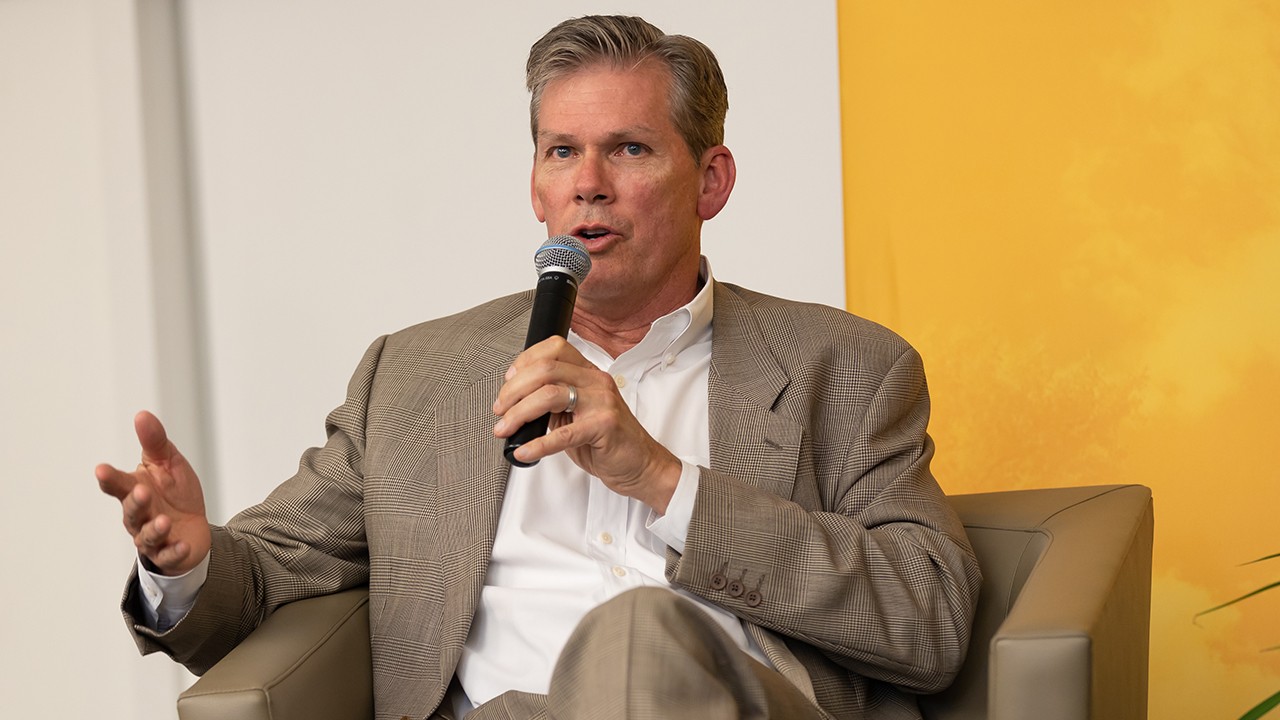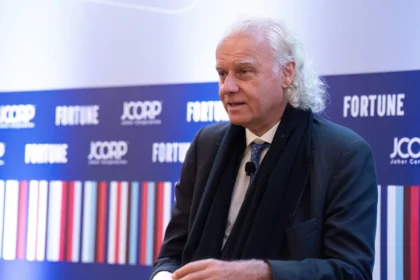Jim Fish, CEO of WM (formerly Waste Management), is championing a bold vision to transform the waste and recycling industry into a cornerstone of sustainability. As global attention intensifies on climate change and resource conservation, Fish is steering WM beyond its traditional role as a waste collector toward becoming a leader in renewable energy, recycling innovation, and environmental stewardship.
Sustainability at the Core of WM’s Strategy
Under Fish’s leadership, WM has made sustainability central to its business strategy. The company is investing heavily in modern recycling facilities, renewable natural gas (RNG) from landfills, and advanced waste-to-energy technologies. These initiatives are aimed not only at reducing the company’s environmental footprint but also at creating scalable solutions for industries and communities seeking greener alternatives.
“We see ourselves as more than just a waste company,” Fish said in a recent interview. “We’re a sustainability partner. From recycling innovation to renewable energy, WM is driving the circular economy.”
Recycling Innovation and Efficiency
WM is revolutionizing recycling by investing in automated materials recovery facilities (MRFs) that use robotics and artificial intelligence to improve sorting accuracy and reduce contamination rates. This investment comes at a critical time when the global recycling industry faces challenges, such as stricter contamination standards and fluctuating demand for recyclables.
“Our new facilities are state-of-the-art and designed to meet the needs of a world where sustainability is no longer optional,” Fish noted.
Landfills as Renewable Energy Sources
WM is also transforming its landfills into hubs of renewable energy generation. By capturing landfill gas and converting it into renewable natural gas (RNG), the company is supplying clean fuel to its own fleet of trucks and external markets, significantly cutting emissions.
“These landfills are no longer just places where waste is buried,” Fish emphasized. “They are energy plants that can power fleets and communities.”
The Road to Net-Zero
Jim Fish has also committed WM to ambitious environmental targets, including reaching net-zero emissions by 2050. Key to this goal is reducing methane emissions from landfills, scaling up recycling infrastructure, and increasing the use of low-emission vehicles in WM’s fleet.
“We’re committed to sustainability because it’s the right thing to do for the planet, our customers, and our shareholders,” Fish stated.
An Industry Leader in Sustainability
As WM evolves, Fish is positioning the company at the intersection of waste management and sustainability. With billions in annual investment in green initiatives, WM is setting a new benchmark for an industry often criticized for its environmental impact.
“Our mission is clear,” Fish concluded. “We want to lead the industry in creating a world where sustainability and waste management go hand in hand.”







